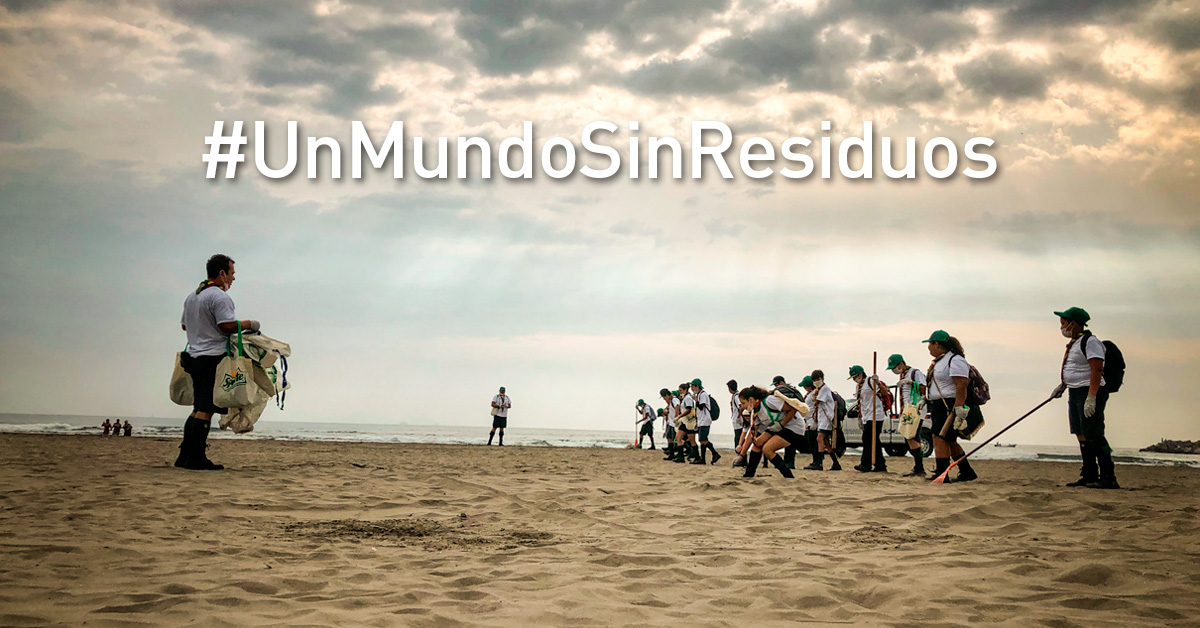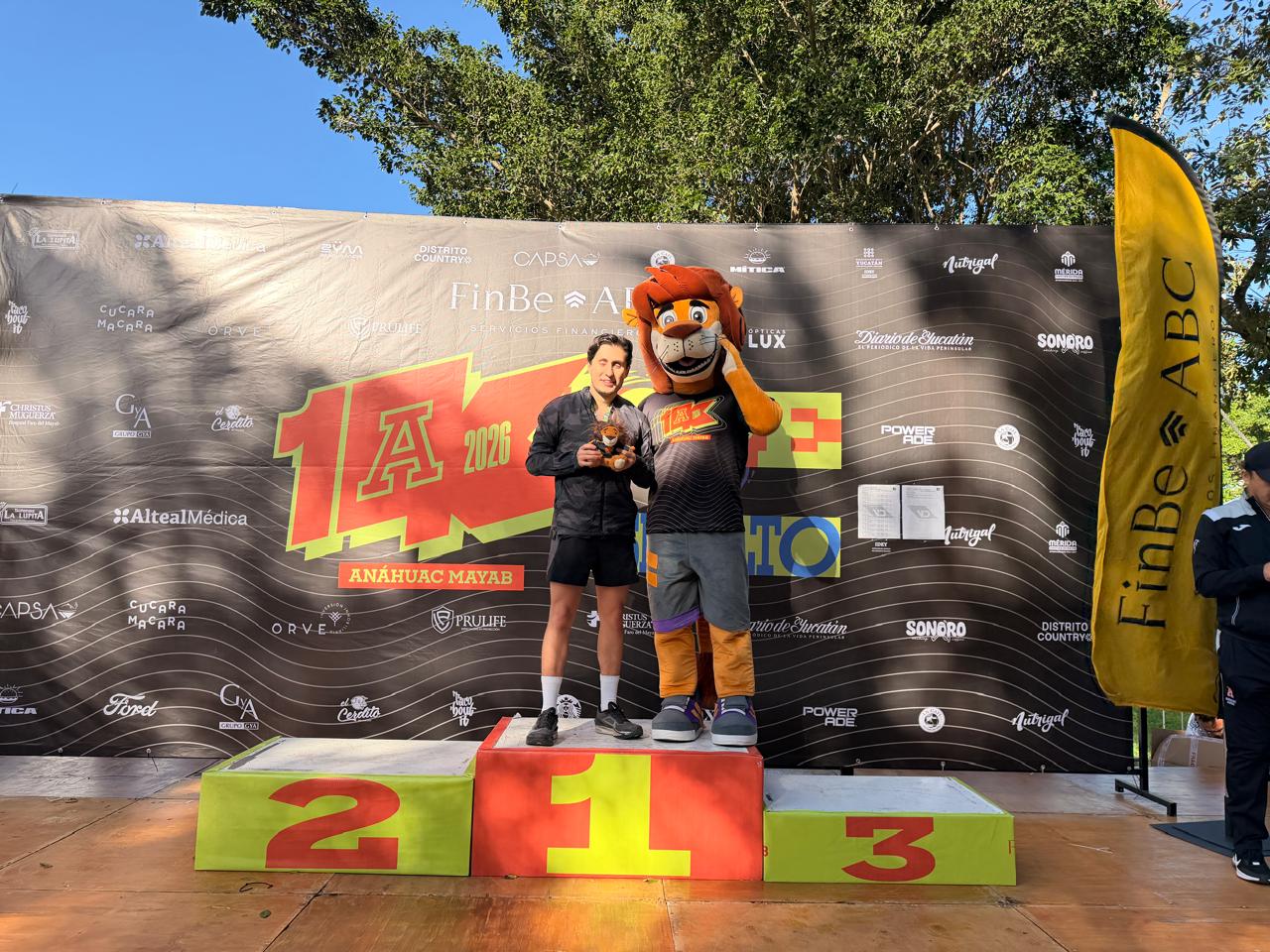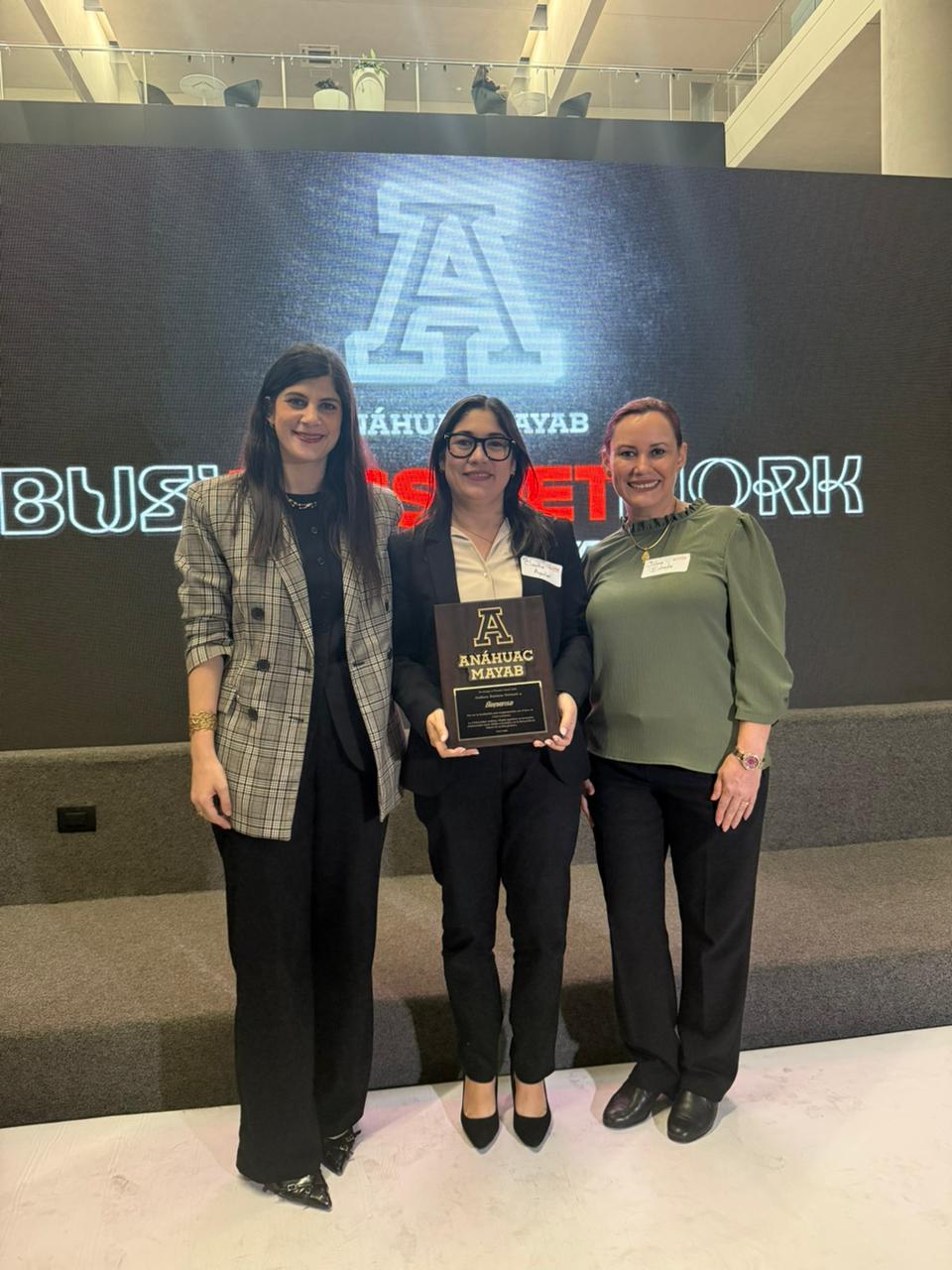More than 3,000 young people joined the Verano Sprite environmental movement, which took place from June to August 2019, with the goal of cleaning and restoring green and urban spaces of great value to residents of various communities in Mexico.
During that period, the boys and girls worked hard and managed to recover more than 24 tons of garbage in 10 bodies of water: Rosarito Beach in Tijuana, Vado Lagunitas in Cabo San Lucas, Santa Catarina River in Monterrey, Santa Ana Beach in Veracruz, Agua Blanca Beach in Oaxaca, Papagayo Beach in Guerrero, Celestún Beach in Yucatán and Seybaplaya in Campeche, where Bepensa had a significant presence.
This environmental movement, driven by the Mexican Coca-Cola Industry (IMCC) to which Bepensa belongs, which is one of the companies with
With a greater commitment to environmental care and protection, and also known as the leading recycler of food-grade PET in Mexico, the brand managed to collect bottles, plastics, glass, tires, cigarette butts, and other types of waste, including organic waste that polluted the water and endangered marine life. Throughout the Summer Sprite campaign, the brand reinvented its packaging by creating a blue bottle made from 100% recycled bottles, thus becoming the first soft drink brand in Mexico with these characteristics.
How is the collected waste disposed of?
Recycling is a vitally important process that not only benefits ecosystems but also gives hope for the future of the planet. Furthermore, according to data from ECOCE, it can save up to 40,000 liters of water, which is equivalent to one ton of plastic packaging.
According to ECOCE, 56 percent of all waste produced in Mexico was collected in 2018. This is where private initiatives, together with society, can generate positive change that benefits the planet and, consequently, everyone.
The IMCC, to which Bepensa belongs, is the main recycler of food-grade PET in Mexico. This is thanks to the collaboration with its plants.
bottling plants, PetStar, the largest in the world, proudly located in our country, and IMER, the first recycling plant built in Latin America. Together, they have the capacity to process more than 85,000 tons each year, equivalent to 4.1 billion bottles; this amount could fill the Azteca Stadium up to three times its capacity.
The success of these cleanup campaigns lies not only with companies or governments, but with all of us as a society, and with uniting to raise awareness about the world we live in, starting at home with education and information about recycling processes, implementing them, and educating ourselves.



